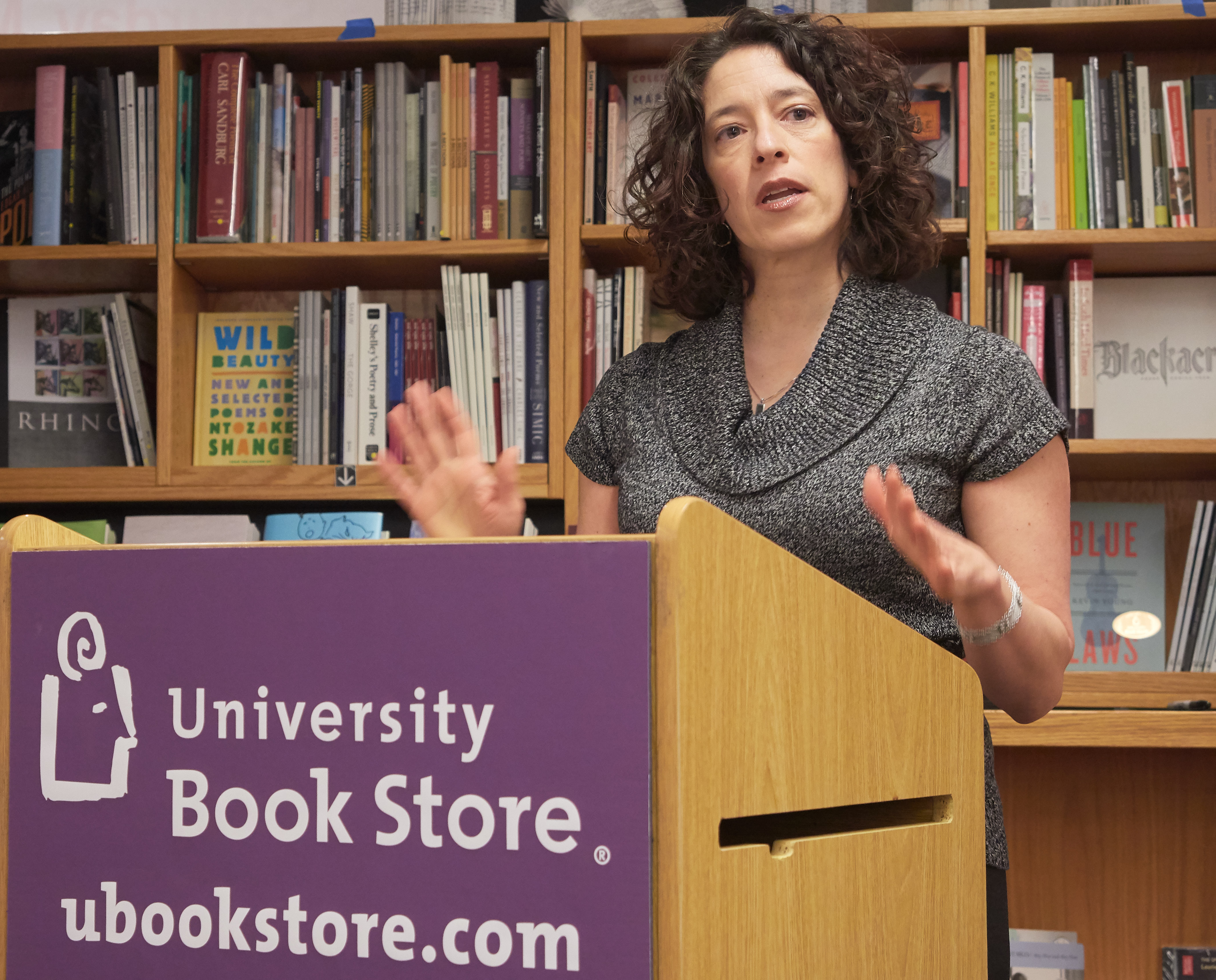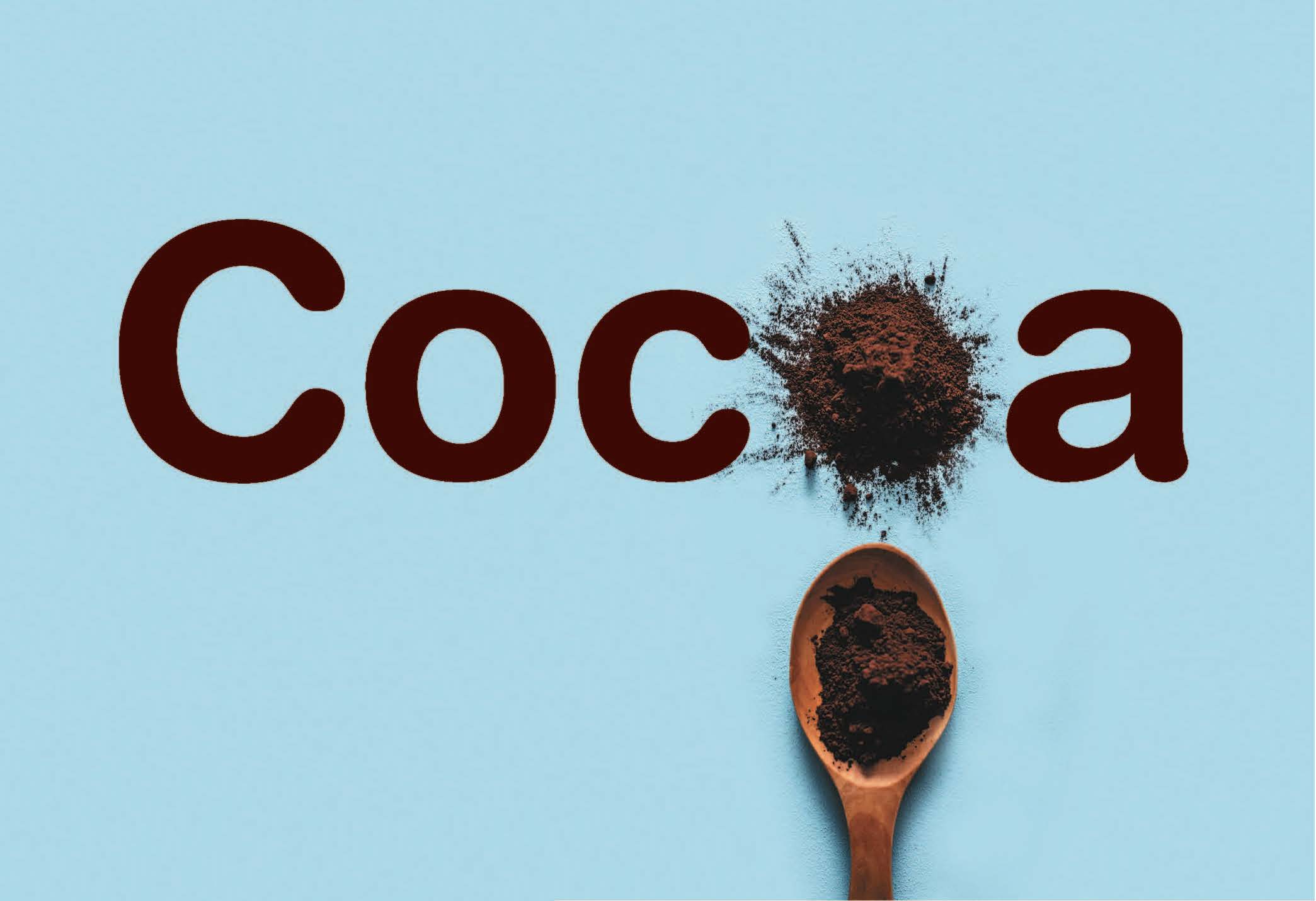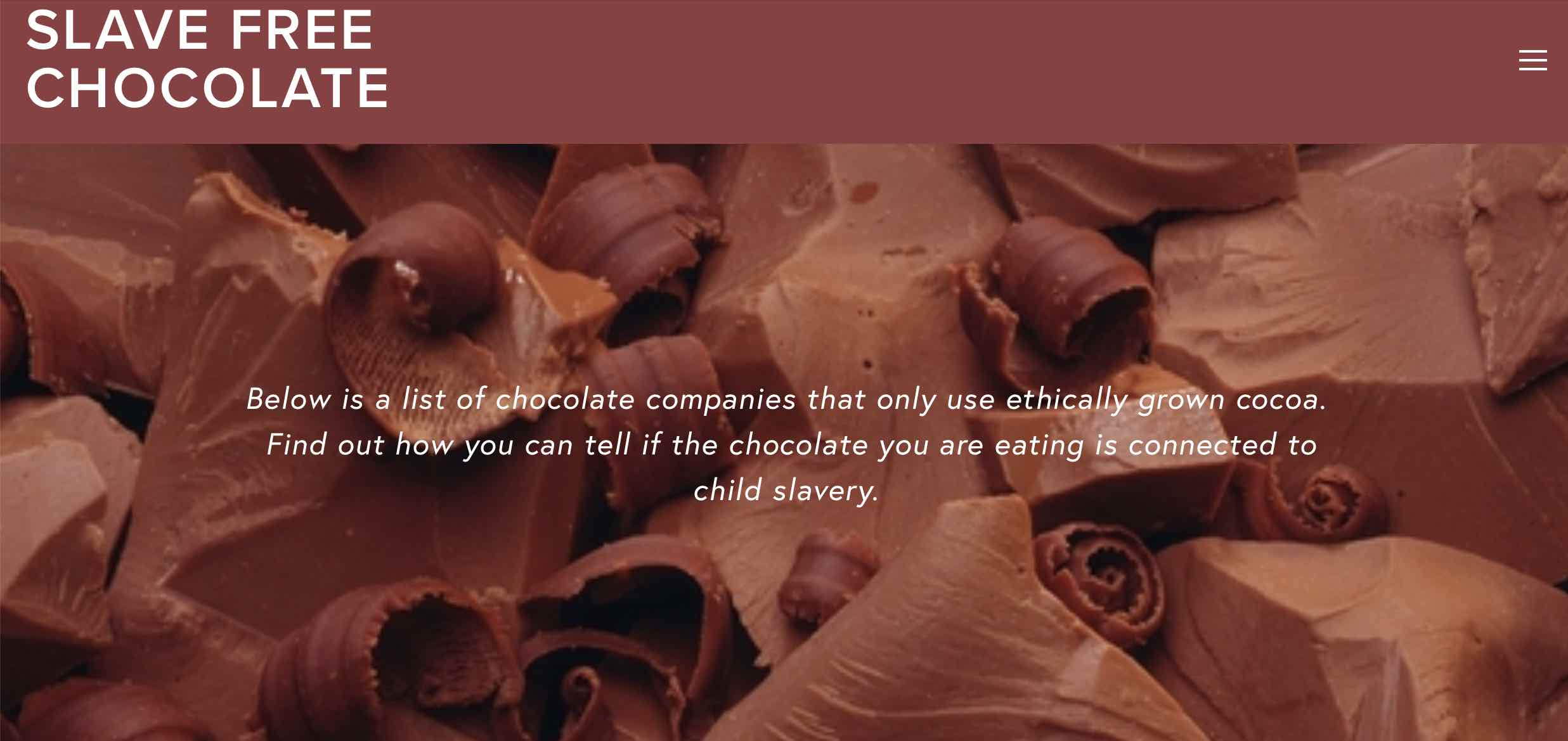Greetings to all from Accra! I am settling in here after my US Cocoa book tour, and feel so happy to be back. We’re planning to stay here for several years, which is plenty of time for me to conduct a new research project, addressing questions that have lingered in my mind from previous fieldwork.

As I get that work underway, I have realized that far from being “complete,” there is so much still to learn from my experience publishing Cocoa. Since I started researching chocolate about fifteen years ago, I have always felt that it was important to reach diverse audiences, and sought opportunities to meet and talk with people in many different roles in the industry, from cocoa farmers to chocolate shoppers. What I learned is that we all have a partial picture of the whole. The reality of cocoa and chocolate is so different, depending on where anyone of us is sitting, and perhaps no one can truly comprehend all the diverse meanings and impacts these goods, culturally, economically, politically, and otherwise.
But … some things are pretty obvious. One is the wide gulf between the people who benefit the most in this industry, who have the most power and privilege, and those who benefit the least, who live and work in vulnerable, oppressive, and marginal circumstances. Encouraging people to bridge that gulf became one of my goals for Cocoa. I hope that when a reader picks up the book, no matter what their experiences may be with cocoa and chocolate, they will learn that other people in this industry may have very different priorities, influence, or opportunities than they do. Maybe they will learn that others are a lot like them, too.
When James Field asked me to distill the central message of the book, in an interview for the Geographical Society “I’m a Geographer” column (Field also published a review of Cocoa for the Geographical magazine), I told him that it was empathy. I encourage every reader to see this industry through someone else’s eyes, and to acknowledge, accept, and respect there are other “truths” to know. This requires that we not be fundamentalist: no matter how much we think we know, nobody knows it all. We all make mistakes. No one person’s experiences tell the whole story, and there is always more to learn.

If you are in a privileged position in this industry, this might be a challenging thing to do, because it will mean recognizing that other people who are less “successful” might actually know more than you, and might have better insight into how to effect change. I recently spoke at the Chocoa conference in Amsterdam. While sitting in on another panel presentation, I was stunned to hear a representative of one of the largest chocolate companies say that he and his peers in the industry had “no idea” what to do about cocoa’s low price. No idea! Given the vast collective experience of the large companies, which sometimes do suggest that they have a “solution” to the problems of the cocoa world, this was an extraordinarily disingenuous thing to say. To me, that response didn’t really mean that the individual and his peers don’t “know” what to do about price. What it meant was that they are not willing to admit to the reality of those who suffer the most from the pittance we pay for cocoa, to see things from their point of view.

I hope that Cocoa will offer something meaningful for people who are open to learning, and to being empathetic. The response has been encouraging so far. I recently gave an interview with Megan Thompson for PBS NewsHour, and was thrilled to see this post by Dr. Duru appear shortly afterwards on Investing.com. When I was writing Cocoa, I shared a draft of the section on futures trading with Matt Earlam at Twin Trading, who had previously worked with Anthony Ward. Matt gave me some invaluable feedback, which was that I needed to write in a way that would actually engage Anthony Ward, and hedgers and speculators more generally, and not shut them out. I have done my best since then to be mindful of how I speak, to remember my goal of encouraging empathy. So I was moved by the fact that Dr. Duru, who recently sold all his cocoa futures contracts, watched my PBS interview and found something compelling in my comments about farmers’ low remuneration. To be clear, Dr. Duru didn’t sell his contracts because of my book; he sold them because he believes that cocoa’s price has topped out, at least for the time being. But that he listened, and learned something about a farmer’s reality, felt like a success to me.
I feel grateful to be able to say that my book tour was a success on many measures–eight events in eight US cities, many of them full to capacity, with audiences that included family, friends, adults, children, colleagues, researchers, scholars, writers, chocolate makers, chocolate lovers, marketers, retailers, entrepreneurs, food enthusiasts, and even aspiring politicians. That all these different people came to hear about cocoa politics, and engaged with such warmth and openness and enthusiasm with me, and one another, shows that the world is already full of empathy. But it can do with even more.
I hope that Cocoa will reveal something new to everyone who chooses to spend their time reading it. I thank all those who have welcomed what it has to say, and I truly look forward to continuing the conversation with you.
Selected Press
PBS NewsHour with Megan Thompson
Top of Mind with Julie Rose, BYU Radio
I’m a Geographer by James Field, Geographical
The Six Fifty by Emily Olson
Cocoa Reviews
Financial Times by Peter Chapman
Geographical by James Field





